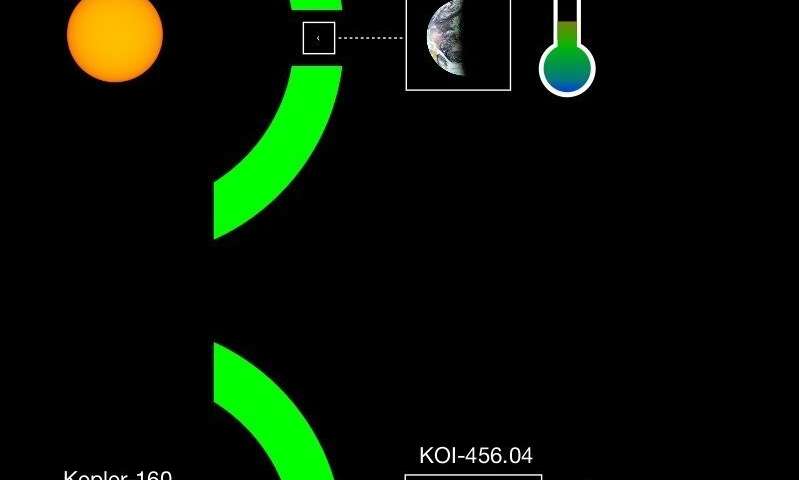Best of Last Week—Mirror image of Earth and sun, double-sided solar panels and taking Pepcid-AC for COVID-19 symptoms

It was a good week for space science as a team at the University of Sheffield reported that the chance of finding young Earth-like planets is higher than previously thought—they found that there were more stars like the sun in the Milky Way than had been calculated before. Also, a team at the Max Planck Institute for Solar System Research discovered a mirror image of Earth and the sun—an exoplanet called KOI-456.04 circling a star called Kepler-160. And a team at Kansas State University announced that patterns formed by spiral galaxies show that the universe may have a defined structure—and it might have once been spinning.
In technical news, an international team of researchers found that double-sided solar panels that follow the sun are the most cost effective—they found such panels produce almost 35 percent more energy than single-sided panels. Also, a team at Carnegie Mellon University developed a software tool that automatically turns a math expression into pictures. And a team with members from Washington State University and Pacific Northwest National Laboratory created a sodium-ion battery that holds as much energy and works as well as some commercial lithium-ion batteries. Also, a team at MIT suggested that if transistors can't get smaller, then software developers have to get smarter by developing better software and new algorithms.
In other news, a team with members from the University of Leicester, the British Geological Survey and the University of California–Santa Cruz, announced that the discovery of ancient super-eruptions associated with hotspots indicated that the Yellowstone hotspot may be waning. And a team at the University of North Carolina announced that they had mapped SARS-CoV-2 infections in the cells of the nasal cavity, bronchia and lungs, offering new information on how the virus initially infects people.
And finally, if you turn out to be one of the thousands or millions who become infected with the SARS-CoV-2 virus, but do not get sick enough to require hospitalization, you might want to check out the results of a study conducted by an international team of researchers—they found that a widely available indigestion drug (Pepcid AC) may curb COVID-19 symptoms in mild to moderate cases.
© 2020 Science X Network